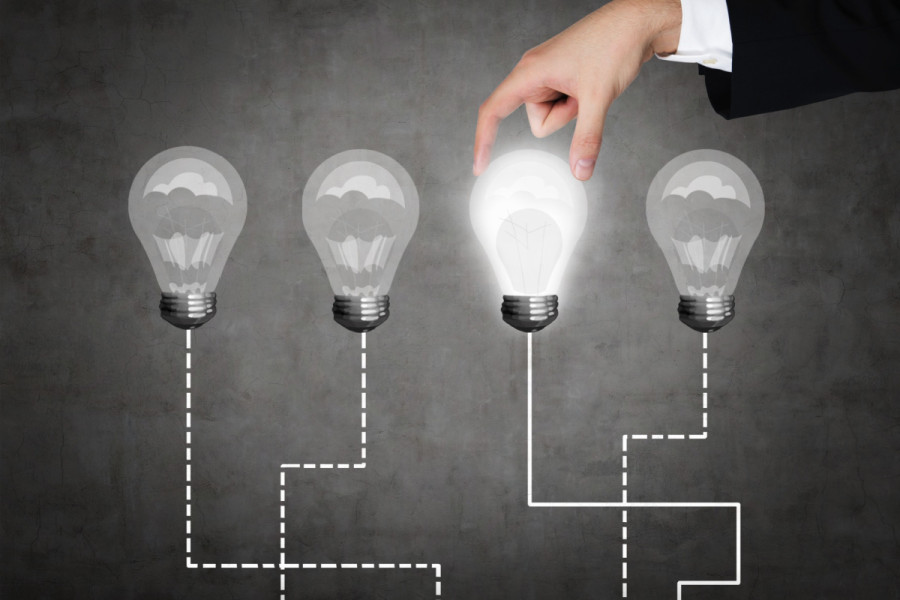Columns
Consumer rights matter
If the bread is stale, consumers can switch to another baker. Why not for electricity?
Bishal Thapa
If one singular moment could define the legacy and bolster the credibility of the Electricity Regulatory Commission (ERC) as an institution, it is now. The directive aiming to protect the rights of electricity consumers is just that—a historic moment. I urge the ERC to rise to the occasion, enhance the directive, modernise the definition of electricity consumers, and provide consumers with the right to be active stakeholders in the electricity sector.
The draft directives that were released for public comments approximately a month ago is path breaking and should be welcomed. The window for public comments is now closed. In the spirit of transparency and given the profound significance that the establishment of electricity consumer rights could have on the sector’s development, and on Nepal’s overall progress, I urge the ERC to publicly disclose in full all the comments that were received.
Active consumers
Electricity consumers are not passive recipients concerned only about the voltage and frequency in the electricity they receive. They are also active users trying to understand how to optimise and reduce the cost of electricity usage.
Data is now critical to empowering consumers. Data about when, how much and for what consumers are using electricity would allow them to make informed choices. The smart meters installed on our premises by the Nepal Electricity Authority (NEA) already record and collect this data. Consumers have paid for this meter.
This data from the electricity meters at our premises must be made available to electricity consumers. I urge the ERC to provide consumers with the right to access in real time the detailed data from the smart meters that the NEA has installed in our houses.
The smart meters contain detailed information about how much electricity we are using, when we are using it and the quality of power being supplied. This data is very important and would be valuable to us in actively managing our energy use. Electricity users in many countries around the world are already provided with access to real time data from their meters.
The data from the smart meters could be made accessible to electricity consumers in different ways. It could be done using a platform that the NEA provides. It could also be that the NEA merely sets the data transfer protocol and opens up a gateway for third party systems to fetch (or receive) the data in real time. Around the world, there are several well-established methods for customers to connect with and receive data on real time electricity usage and performance. There is no reason that it couldn’t be replicated in Nepal.
Consumers must have equal rights to the data in the electricity meters, as does the NEA.
Modern electricity consumers are also producers of electricity. Consumers manage their energy costs in many ways. They use efficient appliances or use electricity sparingly (some users, for example, choose never to consume more than 20 units a month to be under the limit for receiving free electricity).
Today, consumers have the option to manage their energy costs by producing electricity within their premises. Technological advances in distributed renewable energy systems, such as roof-top solar and wind, along with storage, or batteries, means that consumers can produce electricity on other own terms.
This is also true in Nepal, where several electricity consumers also produce their own electricity through solar rooftop. In addition, the NEA allows them to export power to the grid through net metering. Within this context, the right of electricity consumers to produce electricity within their own premises must be protected.
This right must be explicitly stated in the directive and protected. I urge the ERC to recognise and protect the right of electricity consumers to produce electricity within their own premises.
Power generation has been liberalised in Nepal. This means that anyone who wants to build a power plant and sell electricity, subject to a set of governing rules, can do so. This has been applied to generation from centralised hydropower plants, which was later broadened to mean solar, wind and other renewable plants, which can sell power only to the NEA.
The world has changed. Today’s technology allows consumers to produce electricity in different ways through small and distributed systems. We can also store the electricity at off-peak periods when demand is low and use that (or sell that) during peak periods when demand is high.
Like other power producers of centralised power stations, electricity consumers must also have the right to produce and sell their electricity. To do so, consumers must have the right to access the distribution and transmission system.
I urge the ERC to recognise that the rights of electricity consumers do not merely start and stop with their meter. I urge the ERC to recognise that the rights of electricity consumers extend well beyond the meter into the transmission and distribution systems. After all, electricity consumers have also paid for the installation, operation and maintenance of the transmission systems through their electricity tariffs. Like in any other product, consumers have the right over all that they have paid for.
Once the rights of electricity consumers over the transmission and distribution system are established, it opens a wide range of possibilities that begin to recognise the consumer as an engaged stakeholder in the overall power sector. That is where consumer rights need to be.
Electricity consumers must have the right to sell their electricity to other consumers if the NEA chooses not to buy it. This means that consumers must have the right to access the electricity grid, and to wheel electricity to the NEA or some other final consumer.
The operational mechanics of such systems are already widely in use around the world. Meter averaging, for example, allows several consumers to band together and offset what they use from the grid against their own generation produced at different locations.
I urge the ERC to recognise and protect the right of electricity consumers to access the transmission and distribution system, and to have the right to sell the electricity they produce within their premises to the NEA and other consumers.
Right to choose
The ultimate right of consumers must be the right to choose. Without that, it is a bit like a democracy that provides its citizens with all the rights, except the right to vote. It would be hard not to be cynical about the real value of such a democracy.
The ERC must consider providing consumers with the right to choose from whom they buy their electricity. For this, it must introduce competition in the retail segment where electricity is sold to customers. That may not be politically feasible today, though it is entirely practically viable.
The ERC must begin to examine the options for providing consumers with the right to choose their electricity suppliers. It must do so with the intent of establishing a clear attainable pathway for introducing retail competition.
There is no greater right for a consumer, and no greater penalty for a supplier, than the right to switch service to another supplier. If the bread is stale, consumers are able to switch to another baker. Why not for electricity?




 9.89°C Kathmandu
9.89°C Kathmandu















